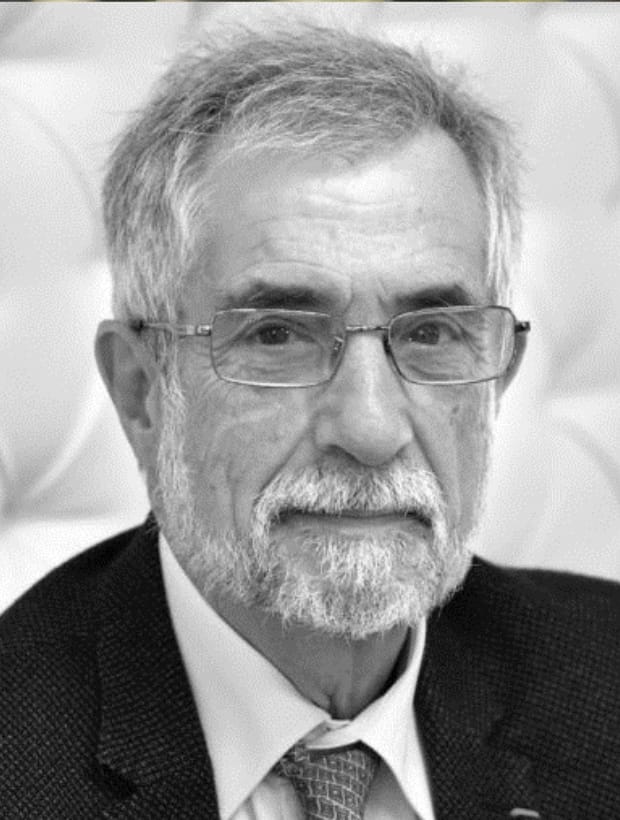Association
Cancers in people with intellectual disabilities are as common as in the general population, but they are different and not well known. The management of cancers in people with intellectual disabilities requires specific knowledge and useful references.
Context
Cancers are as common in people with intellectual disabilities as in the general population. In France, between 100,000 and 400,000 people with intellectual disabilities develop cancer in their lifetime, and 7,000 new cases are expected annually.
- Cancers in people with intellectual disabilities differ in frequency, age of onset, symptoms, sometimes microscopic appearance and difficulties in diagnosis and treatment. All these differences require specific management.
- Cancers in People with intellectual disabilities need to be supported to increase their understanding and adherence to treatment. Oncology teams need to be supported in their approach to this population.
- There is no dedicated structure in France or internationally that deals with cancers in people with intellectual disabilities from a therapeutic or scientific point of view, apart from very few specialised teams (e.g. leukaemia in Down’s syndrome).in people with intellectual disabilities are not well known to professionals in the field of intellectual disabilities and to cancer teams.
The data concerning this pathology is very numerous and very scattered. Scientifically, tumours in people with intellectual disabilities raise important questions and offer new approaches to understanding cancers.
Missions
Accompaniment
To inform and raise awareness of cancer among people with intellectual disabilities, medical professionals and families.
Information
To inform and raise awareness of cancer among people with intellectual disabilities, medical professionals and families.
Research
To advance research on the subject of cancer in people with intellectual disabilities and to monitor the literature.
History
2002
The idea of the Oncodefi project
Dr Bernard Azéma, psychiatrist, Pr Stéphane Culine, medical oncologist, and Dr Daniel Satgé, anatomo-pathologist, met Pr Jean-Bernard Dubois, oncologist, radiotherapist, to develop a project for the care of people with intellectual disabilities integrated into the Centre for the Fight against Cancer.
2008
Interministerial mission
Dr Satgé was commissioned by Mr Gohet, interministerial delegate for the disabled, to assess the state of cancer care for people with intellectual disabilities.
2009
Creation of the Association
Mr Patrick Gohet organised a meeting with representatives of the Directorate-General for Health, the Directorate-General for Healthcare, geneticists, researchers and Professor Jean-Bernard Dubois, Director of the Val d’Aurelle Centre. The project to found an association was validated.
2019
Cancer Prize of the Academy of Medicine
2020
The ISCAO Interventions
The association, through its Isaco device composed of two nurses, has carried out more than 60 awareness-raising campaigns in Occitania and has helped some twenty establishments in their management of cancer.
A words from the president
Among the population with intellectual disabilities, the incidence of cancer is identical to that observed in the general population.
Among people with intellectual disabilities who have cancer, there is a significant increase in delays in diagnosis and a reduction in the acceptance of treatment, which is often followed in a degraded mode, resulting in a loss of chances due not to the cancer itself but to the intellectual disability.
The objectives of the Oncodéfi association are therefore
To promote the conditions for early diagnosis, screening and appropriate treatment.
To create a database in a documentation resource centre bringing together all the epidemiological, biological and clinical knowledge to help with fundamental and clinical research into cancers in people with intellectual disabilities.
Oncodéfi, a centre for information, documentation and permanent cognitive monitoring, must play a decisive role as an alerting body and a vector of opinions in association with other national and international networks.

Professor Jean Bernard Dubois



